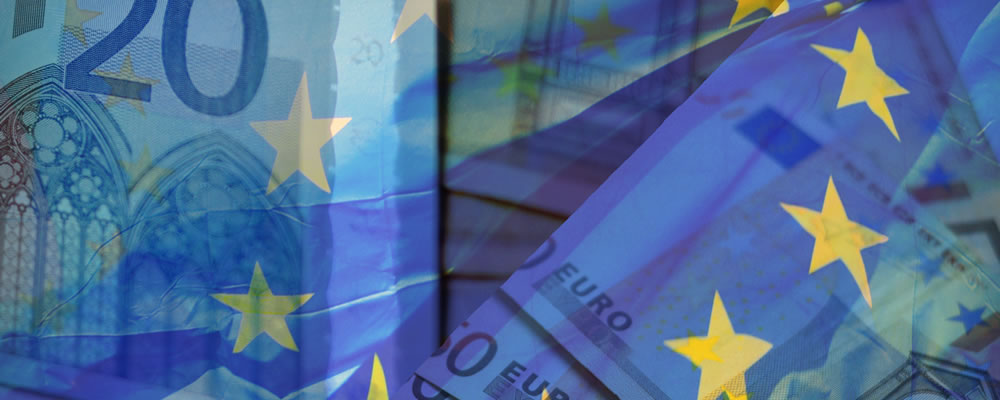EUR/ZAR Exchange Rate Drops as French President Macron Promises Tax Cuts after Recent Protests
The Euro to South African rand (EUR/ZAR) exchange rate is down today after French President Emmanuel Macron attempted to quell recent nationwide rioting by offering tax cuts and other concessions to ‘gilet jaunes’ protestors.
The giveaways offered by Macron, however, are likely to mean that France will face a 2019 budget deficit – possibly far above that of Italy’s, which has fallen foul of EC rules.
This comes at a time when EUR investors are already sceptical about Italy’s budget revision, which was causing increasing concern that the European Commission (EC) would levy penalties against Rome for its 2.4% deficit.
Giovanni Orsina, Head of the School of Government at Carli University, commented:
‘Macron was supposed to be the spearhead of pro-European forces, if he himself is forced to challenge EU rules, Salvini and Di Maio will jump on that to push their contention that those rules are wrong.’
Meanwhile the South African rand (ZAR) was hit by plummeting risk sentiment after the arrest of Huawei’s Chief Financial Officer Meng Wanzhou last week, which caused US-China trade tensions to spike.
EUR/ZAR Exchange Rate Slips as UK’s Brexit Decision Remains in Flux
The Euro (EUR) was also hit today by the release of Germany’s institutional investor sentiment ZEW survey, which showed a pessimistic outlook among investors.
This was followed by the Eurozone’s ZEW survey on economic sentiment which also showed a worse-than-expected decrease, further hitting market confidence in EUR.
Political tensions have been riding high within the EU causing EUR investors to react, with the UK’s Brexit withdrawal deal also facing delays as British Prime Minister Theresa May attempts to renegotiate aspects of her agreement.
This was exacerbated by EC head Jean-Claude Juncker’s comment that there was ‘no room whatsoever’ for May’s Brexit deal to be renegotiated, further stoking uncertainty over the UK’s future with the EU.
South African Rand Euro (ZAR/EUR) Exchange Rate Rises despite Geopolitical Concerns Reducing Risk Appetite
The South African rand (ZAR) found some relief this morning from the release of October’s manufacturing production index figures which were better than expected at 3.0% against last October’s -0.1%.
ZAR has remained sensitive to geopolitical tensions, with Brexit and the US-China trade tensions sending the currency into a state of volatility.
Bianca Botes, a corporate treasury manager at Peregrine Treasury Solutions, commented:
‘The turbulent terrain that both Brexit and the US-China trade tension has caused, places the entire emerging market on unequal footing as the sell-off prompted by investor risk aversion continues at full steam.’
Tomorrow will see the release of South Africa’s consumer price index for November, which is expected to decrease.
This will be followed by the release of South Africa’s retail figures for October which are expected to increase, boding well for the South African economy and ZAR ahead of the holiday season.
EUR/ZAR Outlook: EU’s Political Tensions Remain in Focus
The EUR/ZAR exchange rate is likely to be dominated by political forces this week, with the EU facing internal tensions from Italy and UK’s ongoing Brexit debates, with the added concern of France’s recent announcement of upping its budget causing a knock-on effect throughout the EU.
The South African rand (ZAR) will likely remain sensitive to any US-China trade tensions flaring up, with risk-averse traders being deterred from investing in ZAR.
Tomorrow will see the release of the Eurozone’s industrial production figures for October, which are expected to increase.
Thursday, however, is set to be more significant for EUR traders as this will see the release of the European Central Bank’s interest rate decision.
ZAR investors, meanwhile, will be keeping an eye on the release of Thursday’s producer price index figures, which are expected to decrease.
